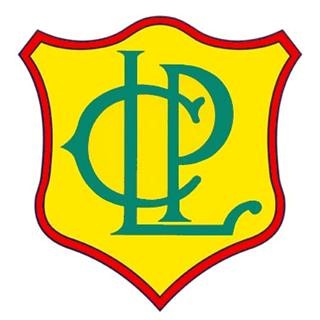PSHE
PSHE at Lea
Our PSHE champion is: Mrs Swash
In line with the National Curriculum 2014, all schools must provide a curriculum that is broadly based, balanced and meets the needs of all pupils. Under section 78 of the Education Act 2002 a PSHE curriculum:
- Promotes the spiritual, moral, cultural, mental and physical development of pupils at the school and of society, and
- Prepares pupils at the school for the opportunities, responsibilities and experiences of later life.
The National Curriculum advises schools to make provision for personal, social, health and economic education (PSHE), drawing on good practice. At Lea, PSHE is considered across the curriculum and is a fundamental part of the children’s school experience. By the end of Year 6, our children are taught the importance of a growth mindset which supports their self-belief, resilience and perseverance and supports success across the wider curriculum and in social contexts. They also have access to positive role models from the community and this supports their learning in many areas, including religious education and learning about local heritage. In addition, the emphasis on PSHE across the work of the school, Personal, Social, Health and Economic Education, is taught explicitly as part of the whole-school approach. We believe that successful PSHE supports children’s learning capacity and this aspect of the school’s work is held in high regard as we believe that it promotes wellbeing and underpins children’s development as people.
We aim to ensure that all children:
- Develop confidence and responsibility and to make the most of their abilities
- Prepare to play an active role as citizens in Britain
- Develop a healthy, safer lifestyle
- Develop good relationships and to understand and celebrate the differences between people.
Within PSHE, here at Lea our Citizenship education provides ‘knowledge, skills and understanding’ to ‘play a full and active part in society’, helping children understand and develop attitudes and values to become informed, active and responsible citizens. We promote and develop political literacy and explore social and moral issues. In addition to this, we also distinguish right from wrong and to make a positive contribution to their local, national and global communities.
Implementation
To support our aims, the school is a member of the DfE funded PSHE Association. We follow the 1Decision scheme of work to ensure coverage of statutory PSHE skills. Our approach also supports the “Personal Development” and “Behaviour and Attitude” aspects required under the Ofsted Inspection Framework, as well as significantly contributing to the school’s Safeguarding and Equality Duties, the Government’s British Values agenda and the SMSC (Spiritual, Moral, Social, Cultural) development opportunities provided for our children.
The mental well-being of all of our children is of the highest priority. Therefore, we celebrate random acts of kindness through our 'Secretly Famous' weekly award. This allows our children to come together as a community and celebrate our kind and thoughtful children, which has a positive effect on everyone's mental health. These are shared with the wider community and showcased within school each week.
To enrich the school’s approach to PSHE and to broaden the curriculum, we organise events and opportunities throughout the year such as Ambitions Week and participate in current global news through our subscription with 'Picture News'. The school’s celebration of the annual ‘Children’s Mental Health Week’ also raises awareness and compliments the school’s commitment to promoting good mental health.
Through the involvement of visitors with specialist skills and backgrounds and the careful consideration and planning of trips and real-life experiences, our children at Lea are able to build on their knowledge of community and develop the skills they will require for life after education.
